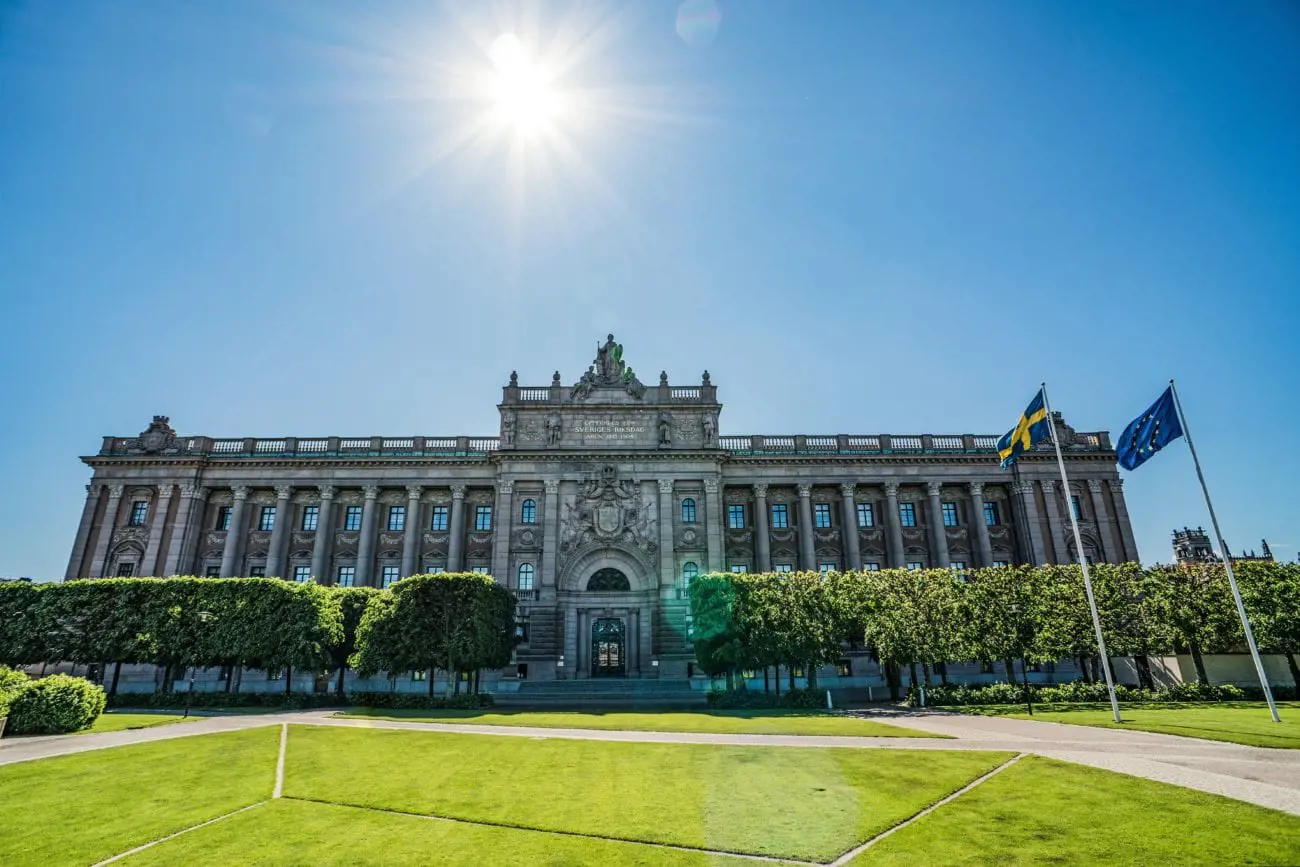Svenska Spel leads the way in regulated Swedish market
State-owned gaming operator Svenska Spel’s lottery and gaming machine division has generated turnover of SEK906m (£74.6m/€86.9m/$97.6m) in the first two months of activity in Sweden’s newly regulated online gaming market.

State-owned gaming operator Svenska Spel’s lottery and gaming machine division has generated turnover of SEK906m (£74.6m/€86.9m/$97.6m) in the first two months of activity in Sweden’s newly regulated online gaming market.
The operator’s core monopoly business has continued to dominate the market as expected, with Swedish gambling regulator Spelinspektionen revealing that 85% of market turnover has been generated by 10 operators over January and February. This would suggest that total market turnover for the two-month period was SEK3.3bn.
More than 70 licences have been issued up to and since the market opened on January 1, 2019, though the figures do not include turnover for gambling operations conducted for public utility purposes, such as the Postcode Lottery.
AB Trav och Galopp (ATG), the former horse racing monopoly that has transitioned to a private business under the new regulated market, came in second with turnover of SEK667m. Svenska Spel’s Sport & Casino division, which also competes against private operators online, generated turnover of SEK385m.
The leading private operator in the market is Kindred Group, with its Swedish-facing Spooniker subsidiary responsible for turnover of SEK247m. This put it ahead of Svenska Spel’s land-based casino subsidiary Casino Cosmopol, which had turnover of SEK148m over January and February.
Bet365, meanwhile, reported turnover of SEK117m, followed by LeoVegas with SEK103m. A trio of sites using Trustly’s Pay N Play solution made up the rest of the top ten. Hero Gaming accounted for a further SEK80m, followed by Global Gaming with SEK78m, and Snabbare, a Malta-based operator, generating SEK61m.
Turnover for the 10 leading operators in the first two months of regulation is almost half the total market turnover for the first quarter of 2018 (SEK5.8bn).
However, a number of issues have already been flagged, with a number of licensees taken to task for non-compliance with a number of key licence conditions. This has already seen Paf and Genesis Gaming fined for breaching self-exclusion regulations, and licensees warned to abide by the restrictions on bonus promotions.
There is also an emerging debate over advertising in the market, with Spelinspektionen pledging to issue retrospective penalties against operators it feels have previously advertised excessively.
This has prompted the country’s main operator associations Spelbranschens Riksförbund (SPER) and Branschföreningen för Onlinespel (BOS) to establish a new code of conduct for members, though discussions between licensees and Spelinspektionen are ongoing.
A meeting between the regulator and operators earlier this week saw Spelinspektionen reveal that enforcement of the promotions restrictions - operators may only offer players a bonus on sign-up - will be a key focus going forward. It currently has eight pending cases relating to bonus offers.
Maria MacDonald of gaming-focused law firm Nordic Gambling told iGamingBusiness.com that the Consumer Ombudsman elaborated on what it felt operators had to do to market their products in a “moderate” fashion.
“With regards to commercial messages, operators were amongst other things encouraged to take special care when it comes to exaggerating the chances of winning and the Consumer Agency also told operators to refrain from the use of so called ‘take-over adverts’ or ‘pop-ups’ online that consumers need to click on in order to remove,” she explained.
“The Consumer Agency also brought up that individuals which have self-excluded through the national self-exclusion register still seem to receive direct marketing on a regular basis and underlined that operators will regarded as responsible also for actions from affiliates.”